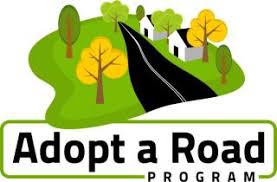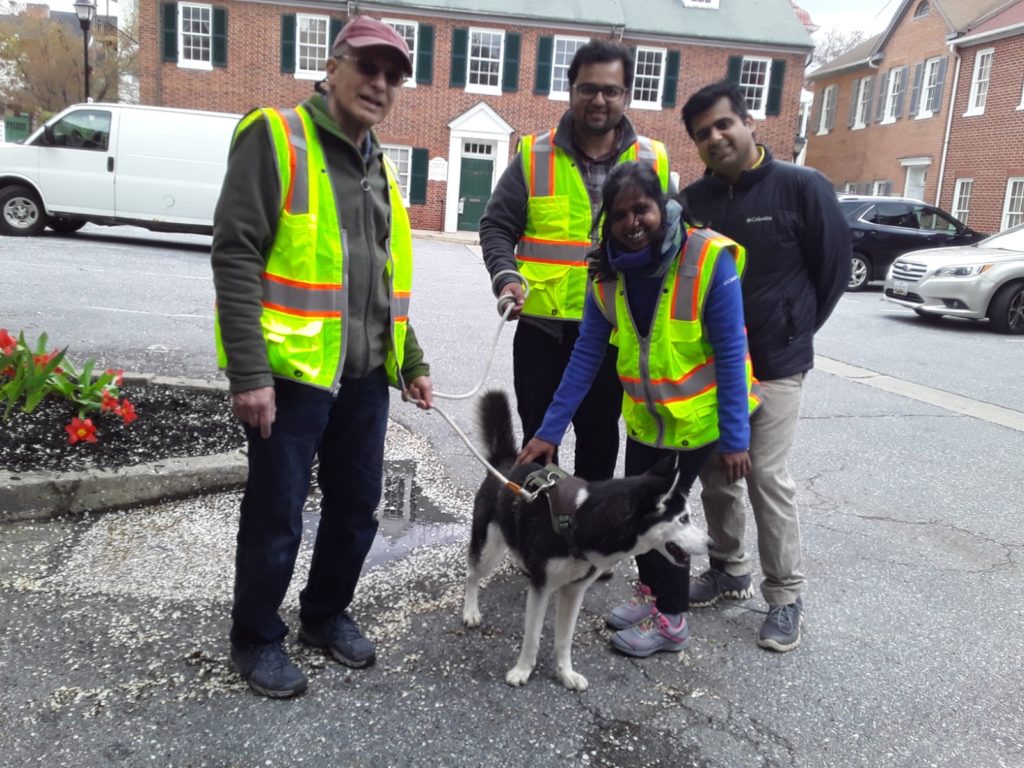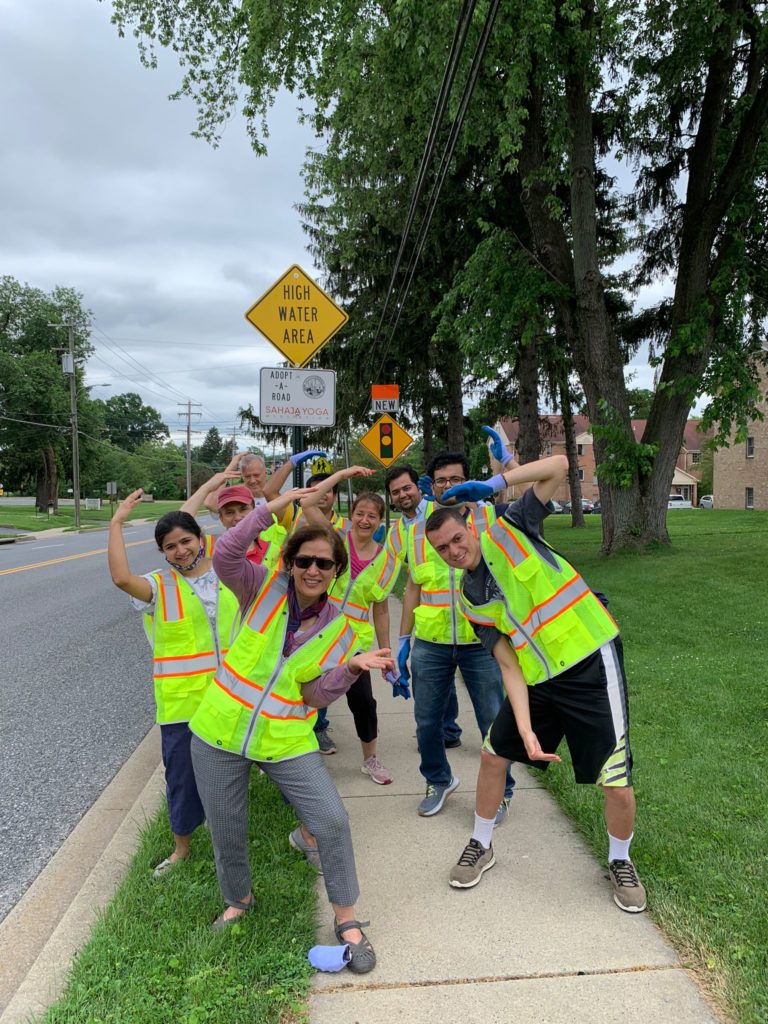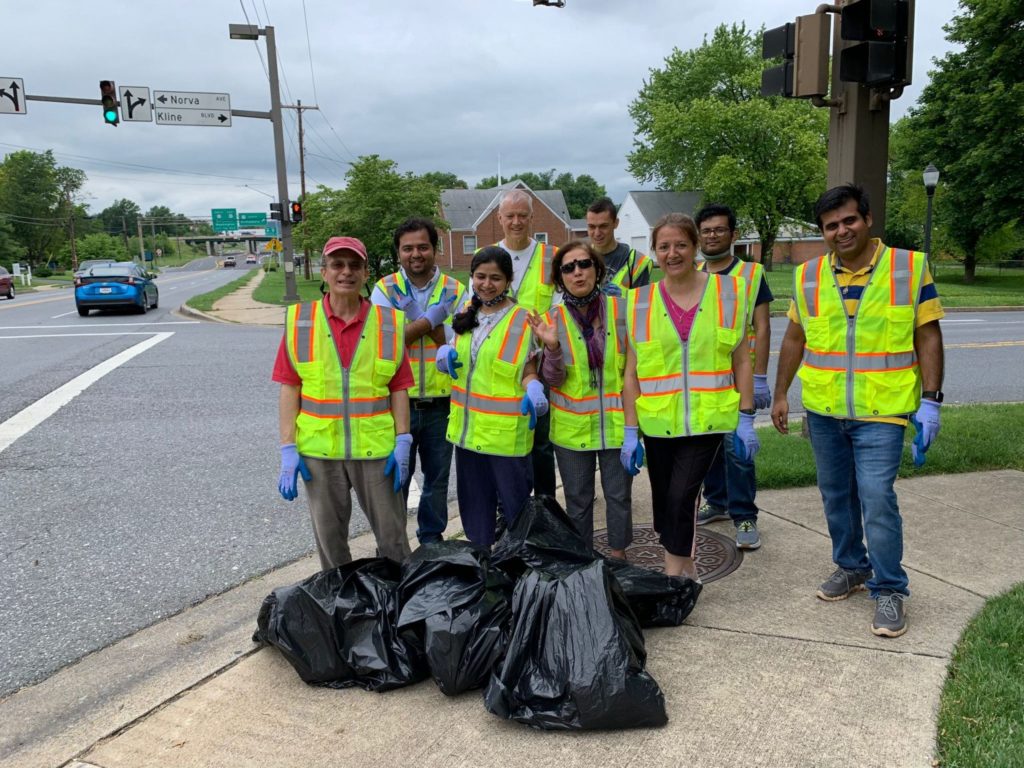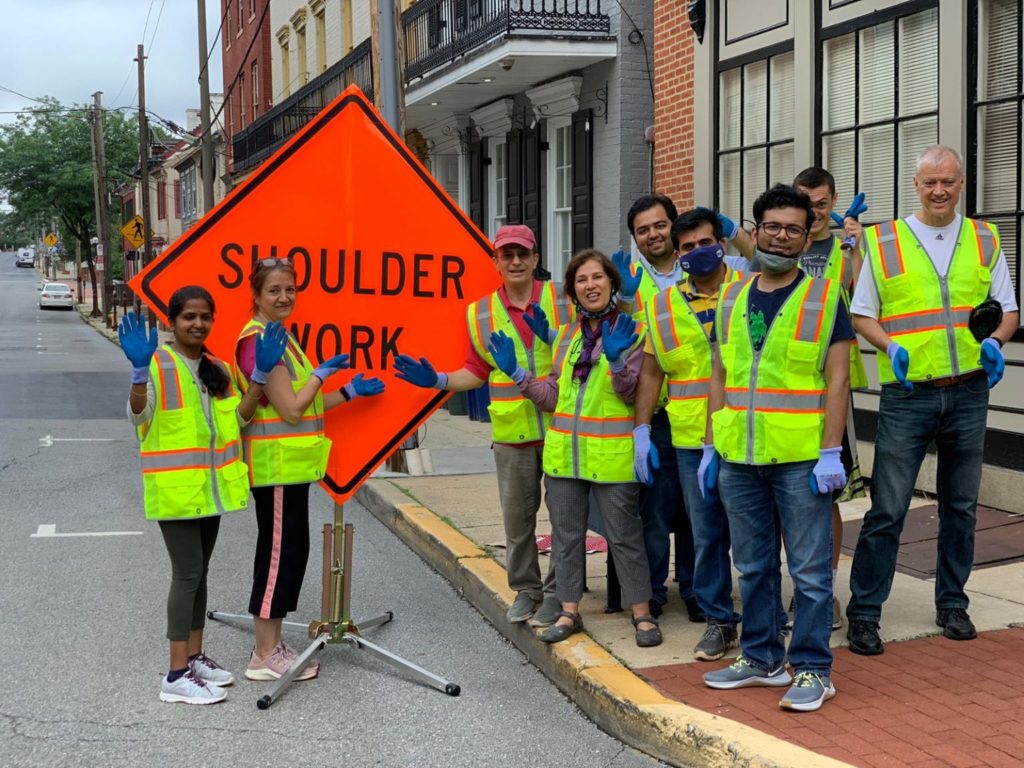UNESCO BMW and Its partners adopted a road in Frederick MD.
The Adopt-a-Road or a Highway program, are promotional campaigns undertaken by U.S. states, provinces and territories of Canada, and some national governments outside North America to encourage volunteers to keep a section of a the road/highway free from litter.
History:
The program originated in the 1980s when James Evans, an engineer for the Texas Department of Transportation (TxDOT), saw debris flying out of a pickup truck bed. Litter cleanup by the city was expensive, so Evans sought the help of local groups to sponsor the cleaning of sections of the highway. The efforts of Billy Black, a TxDOT public information officer, led to quarterly cleanup cycles, volunteer safety training, the issuing of reflective vests and equipment, and the posting of adopt-a-highway signs.
In 1985, the Tyler Civitan Club became the first group to volunteer, adopting two miles along U.S. Route 69[1] just north of Loop 323 between Tyler and Interstate 20. The program proved to be very successful and has since spread to 49 states, Puerto Rico, Canada, New Zealand, Australia, and Japan. Vermont has a similar program called “Green Up.”[2]
Some states, such as Nevada, allow both Adopt-a-Highway and Sponsor-a-Highway programs. In both programs, an organization that contributes to the cleanup is allowed to post its name. However, while an adopting organization provides the volunteers who do the litter pickup, a sponsoring organization instead pays professional contractors to do the work. Because of safety concerns, the latter is more typical in highways with high traffic volumes.
